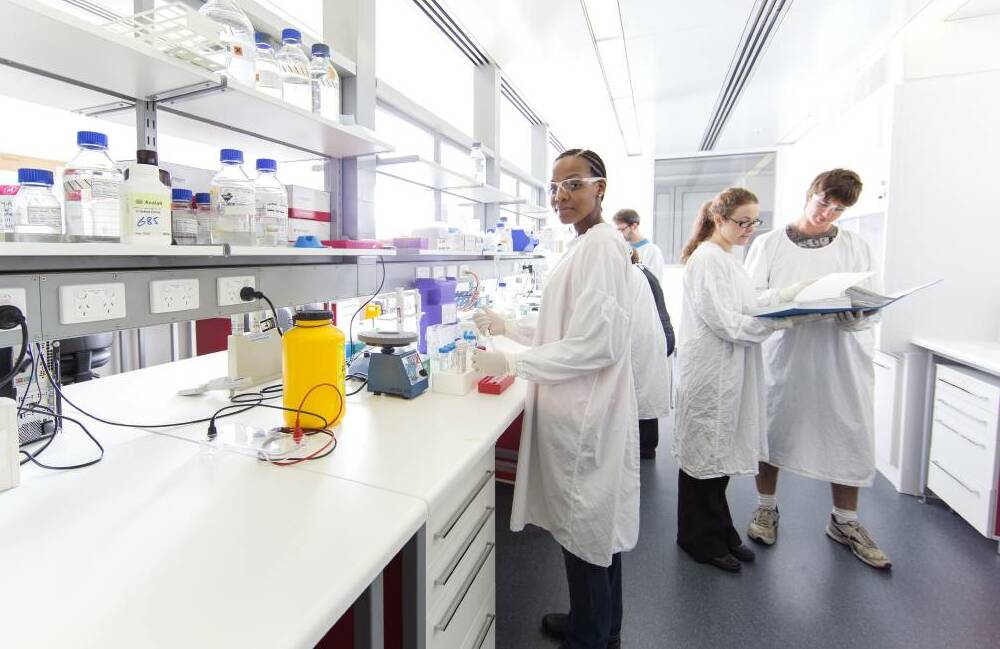
MILLIONS of dollars have been invested in five Hunter research projects through federal government health and medical funding.
Two projects led by University of Newcastle and Hunter Medical Research Institute researchers received $1.7m through the Medical Research Future Fund (MRFF) Indigenous Health Research scheme.
Three others were given $7.6m through the MRFF Genomics Health Futures Mission.
Professor Kirsty Pringle received $726,149 as part of The Gomeroi Gaaynggal Breastfeeding Study, a community-led program to support breastfeeding Indigenous families.
Associate professor Michelle Kennedy was awarded $999,186 for Koori Quit Pack, support for Aboriginal and Torres Strait Islander people to quit smoking.
Professor Rodney Scott's research project on preemptive genomic testing and dose modification of anticancer drugs to reduce toxicity received $2,705,260.
Using polygenic scores to guide the treatment and prophylaxis of hypertension, professor Murray Cairns was awarded $2,619,700.
Professor Cairns and his team propose a clinical trial to test a new tool with the potential to identify the drugs most likely to work by looking at a person's genetic profile.
Associate Professor Tracy Dudding-Byth received $2,295,611 to harness facial recognition to transform the genetic diagnosis of children with moderate to severe intellectual disability.
University of Newcastle Deputy Vice-Chancellor (Research and Innovation) Professor Zee Upton said the success of the five projects in securing MRRF funding was testament to the strength of the research capacity incubating in the Hunter.
"We are very proud of and congratulate our successful researchers who are leading important projects that hold the promise of improving the health and wellbeing of our communities within our regions," she said.
"It is thanks to their foresight to test new ideas or develop new technologies that we may later witness improvements in health diagnoses, changes to health behaviour and better treatments, which in turn will lead to healthier populations."







